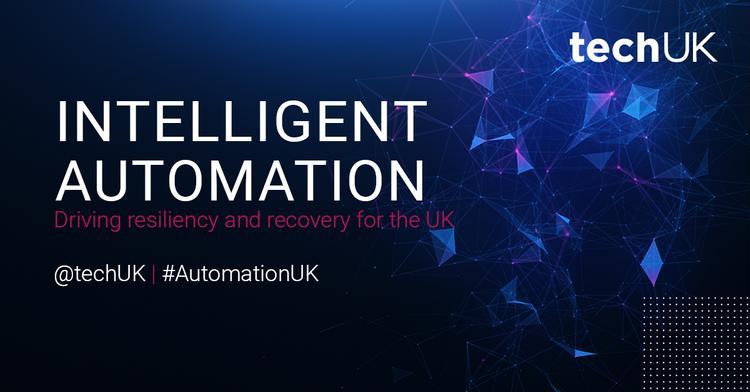How automation can help higher education institutions enhance their cybersecurity strategies

The higher education sector has been the target of a number of potentially devastating cyber-attacks. While up to a thousand attacks take place in higher education institutions across the UK each year, they became more prevalent after the pandemic forced institutions to begin operating largely online.
With cyber-attacks and breaches often leading to data theft, financial repercussions, and reputational damage, cybersecurity is understandably moving higher up the agenda for many higher education institutions. This is where the implementation of technologies such as intelligent automation, alongside robust cybersecurity strategies, will prove beneficial.
While many institutions are likely to have automated certain workflows, including the application process, further benefits can be gained by extending their use of automation technologies. Within cybersecurity, automation has the potential to improve a variety of cybersecurity processes and practices, making them faster, more efficient, and more effective.
Monitoring network traffic
Alongside transparent cybersecurity strategies which include best practices, such as backing up data and keep it offline at certain points on a regular basis, automating monitoring of network traffic can drastically improve security. Historically, a process that required human input 24/7, monitoring network traffic can be automated by use of robotic process automation (RPA) technologies which constantly scrutinise traffic. This technology can determine patterns in traffic more quickly and easily than a human, ensuring that any anomalies that could be indicative of nefarious activities are spotted and flagged immediately so necessary actions can be taken.
By fully automating this process, instances of error will be significantly reduced and those staff members who would have previously been responsible for monitoring networks can focus on using the insights gained to make more informed decisions and adding value where it matters most: the student experience.
This type of automation has been used in financial services for fraud detection, for example, for some time and has become an effective way of helping financial institutions to keep customers safe. Its application within higher education will help institutions to safeguard their networks and by extension their students and employees who are using those networks.
Rapid response to breaches
Further to this, higher education institutions should review how they will react in the event of a security breach and consider the possibility of shutting down entire network or system for a period, if required. This could be automated by using Application Programming Interface (APIs) which link each of the application devices used by an institution, across campuses and departments, and allow data and messages to be shared between them.
In the event of a network breach, using integration technologies and open standards, such as REST, each of these devices will be instructed to make individual decisions to protect themselves and block data being leaked. This ability to react immediately to a threat will help institutions to control security incidents and reduce the risks that come with data breaches, reputational damage and fiscal penalties.
User authentication
With many thousands of staff and students to protect, active two-factor authentication should be considered to give every network user an extra element of security. Institutions could also consider the use of intelligent facial recognition technologies which ensure only the intended user is able to access certain devices or applications.
Reaping the rewards of automation across the institution
As higher education institutions explore how to make their cybersecurity strategies more robust to cope with increasing and changing threats, automating some of their security processes will give them the capabilities to identify issues and respond to attacks and breaches more rapidly and effectively. This approach will also allow them to redeploy employees to tasks, such as strategy and decision-making, where they will have a bigger impact on the organisation and experience they are offering students.
With many organisations still undergoing digital transformation, higher education institutions should work with technology partners to understand where else they could implement automation to greatest effective. Whether their main focus is improving cybersecurity, enhancing the student and business experience, or cost savings, automation can help them achieve those goals and realise a wide range of benefits, from improved predictability to higher levels of accuracy.
You can read all insights from techUK's Intelligent Automation Week here

Rory Daniels
Rory joined techUK in June 2023 after three years in the Civil Service on its Fast Stream leadership development programme.

Ella Shuter
Ella joined techUK in July 2025 as Junior Programme Manager for Emerging Technologies.

Laura Foster
Laura is techUK’s Associate Director for Technology and Innovation.

Elis Thomas
Elis joined techUK in December 2023 as a Programme Manager for Tech and Innovation, focusing on Semiconductors and Digital ID.








